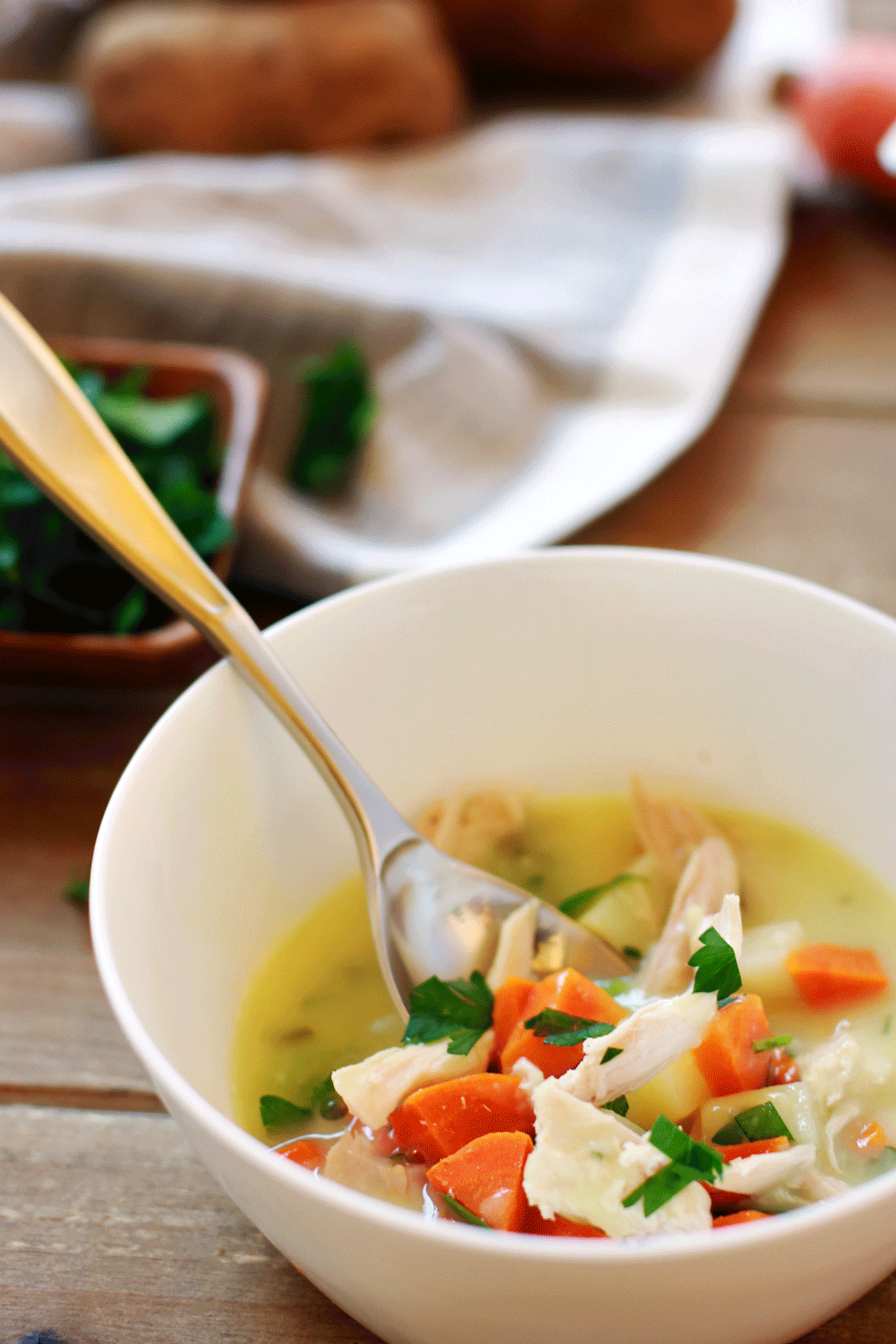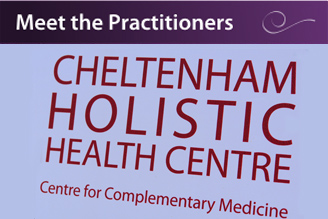When the temperature drops, the chance of you coming down with a cold or the flu increases significantly. It’s widely accepted you’ll get sick more often in the winter. That’s because you’re likely to be inside more and the common cold thrives better in dry air than where there’s humidity, and, when you spend more time indoors, you’re exposed to more germs.
Here’s something interesting about the common cold: when your core internal temperature falls after exposure to cold, the immune system’s ability to battle the rhinovirus (the virus that causes it) is also reduced. The immune system literally slows down. Cold feet may also play a part. In a recent study, researchers made students sit with their feet in cold water for 20 minutes. These students were found to be statistically much more likely to catch a cold in the next five days than the control group (those who didn’t have to sit with their feet in cold water).
The flu virus is also transmitted much faster when it’s cold out because the lipid (fatty) coating of the virus becomes more resilient the colder it gets. Your immune system is the most powerful weapon you have against disease. Strong immunity means that the body is better able to fight off viruses and germs.
Fewer colds and sick days this winter would be good, right? There are many diet and lifestyle tweaks you can make to reduce your risk of catching a cold and flu this season (and ensuring it’s shorter and less serious if you do get the lurgi). Here are my top ten tips to keep you fighting fit this month – and beyond.
I print out this list and stick it on the fridge as a reminder to me (and my family) that prevention is better than cure.
1. EAT REAL FOOD
Your body needs real, unprocessed food to stay healthy and not the processed foods we kid ourselves are OK for us to eat. Focus on eating natural, unprocessed food as often as possible. Follow the 80/20 rule (for the avoidance of doubt, this means eating healthily 80 of the time – think fresh apples rather than apple juice, or wholegrain bread instead of a white bread butty).
Meat and fish, fruit, vegetables and wholegrains all contribute to a stronger immune system and offset the occasional indulgence. Following the low GL diet is key to sustainable, glowing health, as it provides your body with a steady supply of energy throughout the day, rather than a high-octane roller-coaster of energy spikes and troughs.
2. ENJOY ‘HAPPY TUMMY’ FOODS
Did you know that up to 80% of our immunity to germs and disease is in the gut? The mucosa-associated lymphoid tissue (MALT) in the gut is part of the first line of immune defense, so getting the right balance between beneficial, or ‘good’ gut bacteria, and the ‘bad’, or potentially pathogenic bacteria, is key.
How to do this:
The gut environment takes a beating year after year, owing to poor diets, too much sugar, stress, antibiotics and other factors. Even if you have no obvious tummy troubles, digestive health is vital, so it’s worth the extra effort to take care of it. Add probiotic and prebiotic foods to your diet, as these re-populate the gut with good bacteria and feed them well enough to crowd out bad bacteria.
Here are some gut-friendly choices to get you started:
-
Organic, probiotic, natural yoghurt (such as Yeo Valley or Rachel’s)
-
Always buy full-fat, as the 0% or no-fat options have increased levels of milk sugars – and fat isn’t the enemy, either in life or in weight loss
-
Miso soup or miso bouillon paste (add these to soups and stews)
-
Oats (soak first, as you would to make overnight oats, in order to release the goodness)
-
Onions, garlic and Jerusalem artichokes
-
Bananas
-
Beans
-
Cooked, then cooled potatoes
3. SERVE CHICKEN SOUP
Did you hear that chicken soup is great when you’re unwell? If you thought it was just an old wives’ tale, you’d be wrong. Research suggests that a bowl of chicken and vegetable soup can slow the speed at which neutrophils move around your body. Neutrophils are a type of white blood cell and part of the immune system, protecting your body from infection. When the neutrophils move slowly, there’s a greater chance of them becoming more concentrated in the areas of your body that need the most healing. Studies have shown chicken soup to be particularly helpful in reducing symptoms in upper respiratory system infections like the common cold.
4. TAKE SOME SUPPLEMENTS
Top of the list for immunity are a good probiotic, a multivitamin and extra vitamin C and zinc. For most people, a daily probiotic will help maintain the right balance of bacteria in the gut. If you have ongoing tummy troubles like IBS or constipation, we should talk – you will need something for your specific symptoms. A multivitamin bridges the gap between what you are eating and what you should be eating, and takes care of any major deficiencies.Women need a product high in B vitamins (for hormone balance), but apart from that, everybody has his or her favourite. Just be sure to take it!
Go large when it comes to vitamin C, both in food and supplement form. Broccoli and red peppers contain more C than oranges (contrary to popular belief) and there are loads of other foodie options, too: kale, cauliflower, parsley, spinach, strawberries, Brussels sprouts, blackcurrants, kiwi fruit, pineapple, mango, papaya and citrus fruits.
Top up zinc levels by eating more palm-sized pieces of lean meat (especially lamb, beef, venison and turkey), pumpkin seeds, ginger root, green veggies, oats, nuts, sesame seeds, yoghurt and scallops.
5. COOK WITH HERBS AND SPICES
Adding flavour to food is a smart way to include delicious immune boosters on your plate. Garlic is a potent superfood. It is antimicrobial, thanks to the active ingredient allicin, which helps fight viruses, and has been used for thousands of years to boost the immune system and prevent sickness.
Most culinary herbs contain anti-inflammatory properties due to their phytonutrients, but oregano and thyme are particularly rich. Spice up your cooking with turmeric and ginger, too, as these are well-documented immune boosters.
6. SAY NO TO SUGAR
Even if you don’t consider yourself a sugar addict, it’s worth taking a look at how much you do consume – and trying to swap sugary treats for something more wholesome. Sugar fans the flames of inflammation and affects the ability of white blood cells to fend off viruses and bacteria. In fact, the immune system stays depressed for hours after consuming sugar, according to recent studies.
Enjoy raw cocoa or cacao hot chocolate on chilly evenings, adding your favourite milk or milk substitutes (with a little xylitol or stevia to sweeten, if you like). A few squares of pure, dark chocolate will also satisfy – Green & Blacks, or any good chocolate with a higher cocoa content (at least 75%), is ideal.
7. DRINK MORE WATER
Water is a miracle worker. It flushes germs from your system, helps your blood to carry plenty of oxygen to your body’s cells and allows those cells to absorb important nutrients. Invest in a filter jug or bottle to avoid quaffing high levels of chlorine and fluorine along with your tap water.
Green tea and chamomile tea are also immune system strengtheners, as they contain antioxidants that help battle free radicals.
8. SOOTHE SORE THROATS
There are a variety of different natural ingredients that are backed by research pointing to their usefulness. Fresh ginger added to boiling water may help sooth a sore throat or cough. Honey (look for raw honey or Manuka rather than the common-or-garden variety) is often teamed with lemon for a soothing drink for sore throats and may also act as cough suppressant. Raw honey should not be given to children younger than one as it may contain botulinum spores.
Sore throats may additionally benefit from gargling with salt water, while saline (salt water) nose drops help clear mucous from blocked nasal passages and soothes tender skin inside the nostrils.
9. HELLO SUNSHINE!
As difficult as this is to achieve in winter, spending sufficient time in sunlight is a vital immune booster. Vitamin D is made by your skin absorbing sunlight, so planning an hour or two outside during daylight hours is a good reason to leave work early, or take your children to the park when you’d rather sleep late.
Expose as much of your bare skin to the sun as possible and don’t wear sunscreen during that time either, as it inhibits the process.
Supplement your vitamin D levels by eating more of the following foods: oily fish (salmon, mackerel and fresh tuna), beef liver, mushrooms, cheese, egg yolks and vitamin D-fortified foods, such as dairy products and orange juice.
10. GET BACK TO BASICS
An age-old way to boost immunity is by following childhood rules – wash hands, go to bed early and take some exercise. These simple measures may seem boring (and more difficult to achieve than popping a pill), but science proves that they work.
And your immune system will thank you for it.
Are you the kind of person who is more ill than other people with the same bug, or you’re ill more often and your immune system could use some support? Maybe there is an underlying issue, especially if you also have asthma, eczema or allergies. Is this you? I invite you to book in for a free 20 minute immune system chat. Click here for an appointment.











